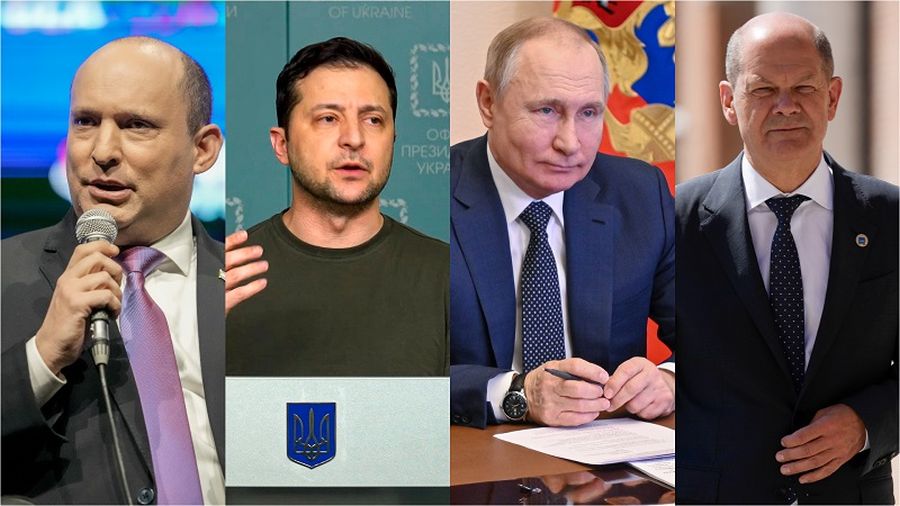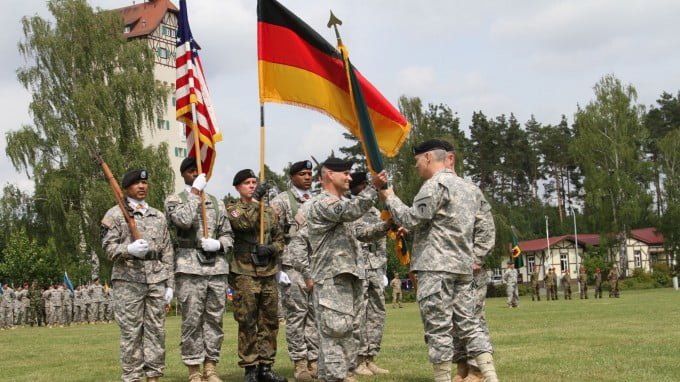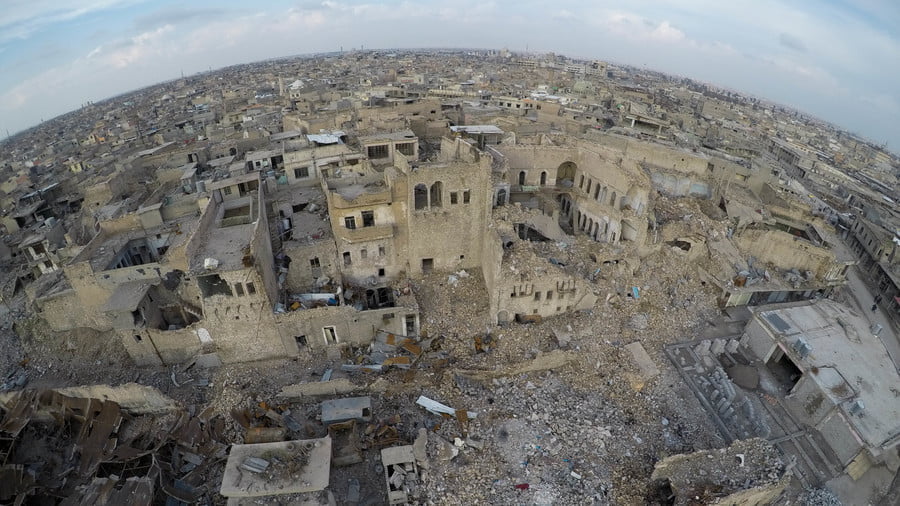Naftali Bennett’s Shuttle Diplomacy Highlights Israel’s Irreplaceable Role in Ukraine
Israel is at the center of diplomatic efforts to better understand each conflicting party’s intentions, how far they’re willing to go, and what might constitute suitable compromises from all sides in the interests of peace. No one should get their hopes up expecting any tangible outcome in this respect anytime soon, but Bennett is the only person in the world with privileged access to the leaders of all parties to the conflict, both direct and indirect.
Israeli Prime Minister Naftali Bennett paid a surprise visit to Moscow on Saturday to meet with President Vladimir Putin, after which he placed a call to his host’s Ukrainian counterpart Zelensky prior to departing for Germany to meet with Chancellor Scholtz. This shuttle diplomacy illustrates Israel’s irreplaceable role in Ukraine, particularly within the context of Russia’s ongoing special operation there. The West Asian polity is on excellent terms with the conflict’s two most direct participants, Russia and Ukraine, while also have close ties with the declining American unipolar hegemon as well as its junior German partner that de facto controls the EU. This places Israel in a unique diplomatic position.
Reports claim that Bennett discussed the safety of Ukraine’s Jewish population while in Moscow, but the Israeli Prime Minister wouldn’t likely violate Shabbat law by flying to the Russian capital to hold such a conversation he could simply have remotely. He was more than likely exploring the full parameters of President Putin’s special operation in Ukraine, including the Russian leader’s sincerity to its stated aims of denazifying and demilitarizing that neighboring former Soviet Republic. This means that Bennett was pretty much on a peace mission, albeit one that nobody should expect will lead to any immediately tangible outcome. Rather, it’s simply a small step in the right direction of a very likely long journey.
The optics of the Israeli leader flying to meet with the Russian one who’s been ridiculously compared to Hitler over the past few weeks and even accused by many in the West of being a so-called “fascist” can’t be emphasized enough. If President Putin really was who the US-led Western Mainstream Media misportrays him as, then there’s no doubt that Bennett – who represents Holocaust survivors and their descendants – wouldn’t ever meet with such a modern-day monster. The very fact that he did this, though, powerfully debunks the obviously false claims that President Putin is an “anti-Semite”, “fascist”, and/or the ”new Hitler”.
It also draws particular attention to the de facto (but imperfect) Russian-Israeli alliance that can be referred to as “Rusrael”. The author elaborated on this in a prior article here hyperlinking to 15 of his relevant pieces over the years that explain the strategic closeness of their ties. He also suggests that interested readers reference President Putin’s September 2019 speech at the Keren Heyesod Foundation in Moscow and the one he shared in January 2020 while in Israel as one of its guests of honor at the “Remembering The Holocaust: Fighting Antisemitism Forum”. The Mainstream Media and Alt-Media Community alike hitherto ignored these facts but are now forced to acknowledge them.
The first-mentioned presents Israel as the “ultimate good” and Russia as the “ultimate evil” to their audience while the second reverses these roles. Neither can afford to have their audience know the truth about their ties since it debunks their exaggerated narratives about both. Bennett’s shuttle diplomacy on Saturday was too big to ignore though since it took place amidst the worst global security crisis since the Cuban Missile Crisis in 1962. It’s no longer possible for those two sides of the same coin to cling to their false narrative claiming that those two aren’t close but might even be on the verge of becoming enemies. Their targeted audiences might finally realize that they were lied to this whole time.
Moving along, there’s also no denying that Israel plays an outsized diplomatic role in this crisis. While it comes under heavy criticism among many in the world for its mistreatment of the Palestinians, it’s far from “isolated” like its most vehement critics claim. Actually, Israel is at the center of diplomatic efforts to better understand each conflicting party’s intentions, how far they’re willing to go, and what might constitute suitable compromises from all sides in the interests of peace. Again, no one should get their hopes up expecting any tangible outcome in this respect anytime soon, but Bennett is the only person in the world with privileged access to the leaders of all parties to the conflict, both direct and indirect.
These two observations – the now-undeniable closeness of Russian-Israeli relations and Israel’s globally prominent diplomatic role in attempting to resolve what’s perhaps already turned into the world’s worst security crisis in history – should prompt a rethink of many observers’ impressions of Israel. That’s not at all to imply that one’s attitude towards it in general or its mistreatment of the Palestinians in particular should change, but simply that this entity’s influence is far greater than its critics might have earlier thought. Bennett proved that Israel has an irreplaceable role to play in Ukraine.







